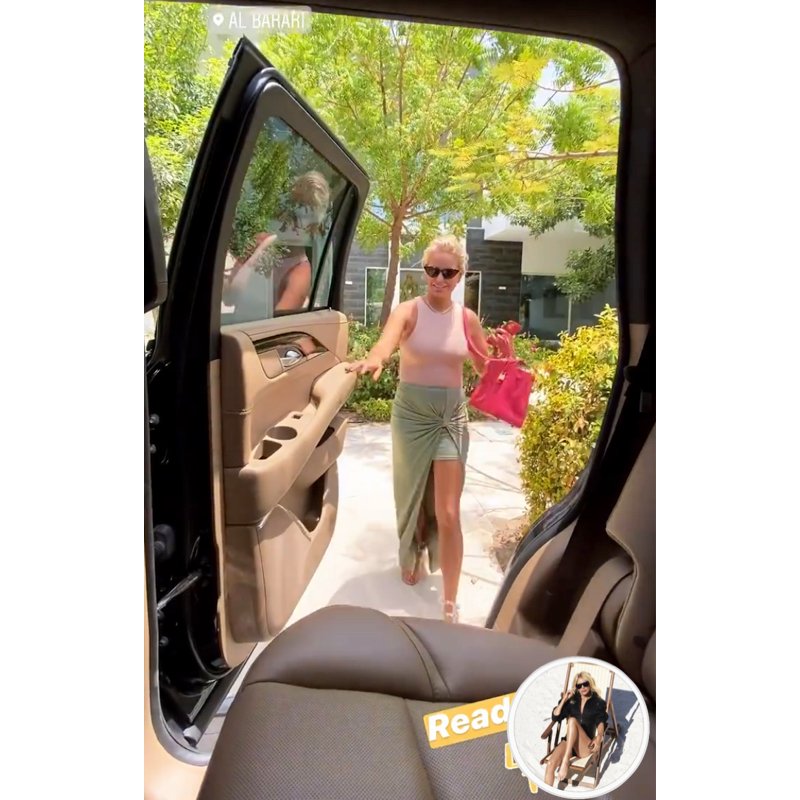
I can’t and don’t intend to tell anyone how to write a book. Every writer goes about their task in a different way, and while rules do exist – readability is key, for a start – they are also there to be broken.
I had never written a book before. I’d been a screenwriter in my youth, a very different – and far easier – discipline, as you have actors to interpret your words and directors and scene designers to enhance them.
With books, however, you are on your own, so it’s up to you to paint pictures, or to give your reader enough material for them to paint their own. So, first off:
Choose Your Aims
In this instance, I wanted to write books that would interest a broad readership beyond my own immediate family. I wanted to write about the history and the growth of colonial Australia as witnessed by my ancestors. I wanted to include my own observations of a country I have known throughout the many decades and the changes I’ve seen.
I also wanted to put flesh and bones onto my ancestors in order to make my book more readable. After all, it’s relatively easy to discover when and how they made their maiden voyage to settle in Australia and where they ended up living. The biggest mystery in any historical account however is why.
Why?
Why did my forebears decide to migrate to Australia in the first place? Why did one daughter decide to marry a seaman, another an illiterate soldier and another a high-ranking businessman? To answer these questions, I took a leaf out of Hilary Mantel’s book(s) and gave my characters features and personalities, based on my findings of course but nonetheless invented.
My Books Ended Up as Hybrids
Part history, part family history, part dramatization and part memoir and personal observation; a publisher’s nightmare in other words.
I sent the early drafts to fellow writers and friends for their comments. Some of them told me there was too much of me in the story, others said there should be more. Many of them thought I should turn it into a novel, which I didn’t want to do because the story I was telling was true, as true as I could make it.
It was just the people I had fleshed out, and on occasion invented, and I made it perfectly clear what was fact and what was speculation.
Years Later and I Had a Finished Draft
I stuck to my guns and kept myself in. I sent the book to an editor, and she said, wisely I think, that the more specific I was about my own family the better.
And finally, after several different attempts, I came up with the perfect title for my first book:
The Worst Country in the World
I gave it a contrasting cover, a beautiful picture of the Hawkesbury River, where my family lived. Everyone knows Australia is very far from being the worst country in the world, but that is truly how the first arrivals from Britain viewed it.
Not only was it an eye-catching title – and Aussies by and large have enough sense of humour not to be offended by it – it set the scene for the book’s sequel, which featured my great great grandfather, a pioneer farmer and stock and station agent who made his fortune through business and became at one point Mayor of North Sydney. The title of this book was
A Country to Be Reckoned with
Because that is what Australia became, very swiftly, through the 19th century and during my great great grandfather’s lifetime. And as an antidote to my first book, the cover of this one featured a bleak, sun-bleached landscape that makes up so much of outback Australia.
Self-Publishing
I always intended to publish the books myself. I had enough experience of agents and publishers to know they would never take on a book by an unknown writer about Australian colonial history that mixed genres.
Moreover, independent publishing back in 2012 was really taking off. It no longer had the stigma of what was known as ‘vanity publishing’. Even established writers were moving over to self-publishing their books in order to keep control over them, to choose when and what to publish and under what sort of covers, and not least because they got to keep most of the royalties.
I can’t say either of my books became best-sellers, but they did reach a wide audience, and not just in Australia. Clearly, they resonated with family historians in other countries, especially in the US, whose own colonial origins are similar yet very different to Australia’s.
Did I enjoy the whole process? Yes, and then no, and then again, a resounding yes.
Who Are You Writing For?
Your family history can be aimed at family only, of course, in which case all you need to do is collect the information and set it into a readable form. You don’t need to agonise as I did over several drafts in search for the right approach, the right voice, how much background information to include and crucially, how much painstaking research is frankly surplus to requirements and should be edited out.
With print on demand (POD) you can have as many or as few copies printed as you need, paperback or hardback, and you can even make the book available online as an ebook.
But if you do want to have a broader readership, which I recommend as the history of ordinary people can tell us every bit as much about the past as the history of the famous, then the task ahead is harder.
Writing is a lonely business, and on occasion frustrating. It is one thing to dash off a first draft, another altogether to hone it and hone it until it is a really good piece of writing, as good as you can make it. That takes patience and persistence and infinite doggedness, and it helps if you do not have a busy social or domestic life or a demanding full-time job.
But whichever path you choose the outcome will be well worth it. You will be proud of yourself, as I assuredly am. And best of all, your family will be firmly and lovingly chronicled for posterity and succeeding generations.
For further information on self-publishing, take a look at my website for a talk I gave at the Society of Genealogists in London a few years ago. It might be useful.
Please take a moment to help Sixty and Me by filling out our short end-of-year survey.
Many thanks!
Let’s Have a Conversation:
Have you attempted to collect your family history? What did your work turn out into? Did you get to write a book about it?





